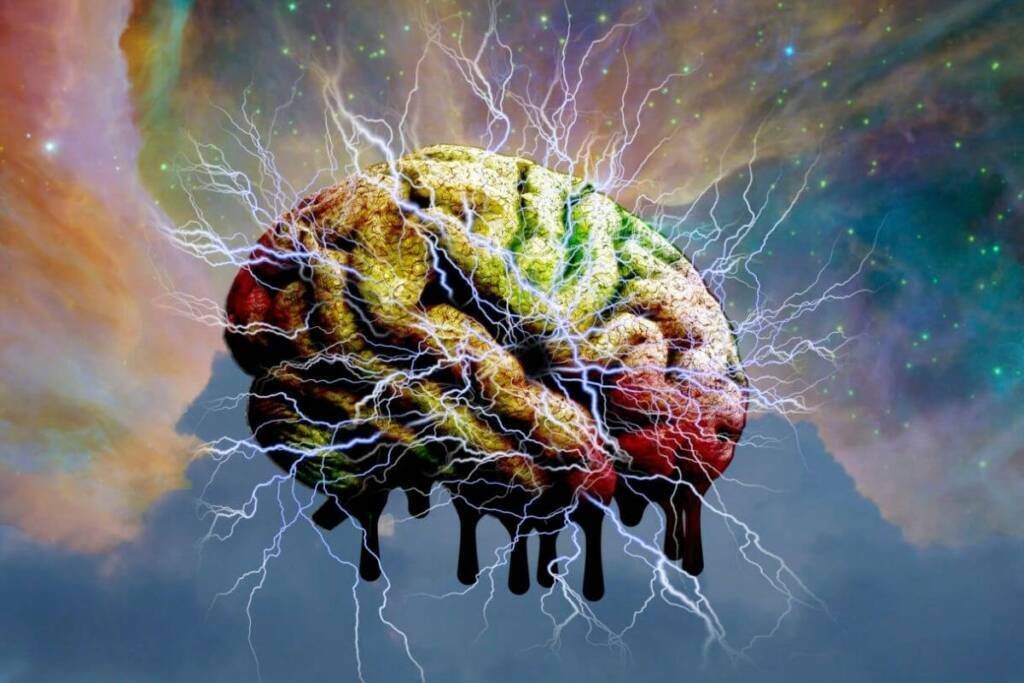The FDA has released its inaugural guidance document regarding clinical trials involving psychedelic drugs, which represent a burgeoning field of treatment for psychiatric disorders and substance use disorders. This guidance document specifically addresses the design considerations for clinical trials involving psychedelics like psilocybin, LSD, and MDMA, as researchers strive to develop FDA-approved therapies for conditions such as depression, panic disorder, and post-traumatic stress disorder (PTSD). This publication comes in response to a recent bill proposed by US lawmakers, highlighting the increasing number of psychedelic medicines undergoing human trials and the growing presence of biopharmaceutical start-ups in this space. Establishing an FDA-endorsed framework for clinical research is deemed crucial for psychedelics to transition from experimental studies to mainstream medical treatments.
One notable pioneer in this field, Compass Pathways, reported promising results from a phase II trial of its psilocybin-based candidate, COMP360, for treatment-resistant depression last year and has now progressed to phase III trials. The FDA acknowledges that these investigational medicines present unique challenges due to their potential to induce psychoactive effects, including alterations in mood and cognition, such as hallucinations, as well as the risk of abuse.
The guidance document categorizes psychedelics into two groups: “classic psychedelics” (e.g., psilocybin and LSD), which affect the brain’s serotonin system, and “entactogens” or “empathogens” (e.g., MDMA or ecstasy). It provides essential considerations throughout the drug development process, encompassing aspects such as trial implementation, data collection, participant safety, new drug application requirements, safety monitoring considerations, the significance of assessing dose response, and the evaluation of treatment durability.
Moreover, the guidance document discusses the role of psychotherapy, which has often been integrated into the tested therapies thus far, involving the administration of the psychedelic drug within a guided treatment session.
For substances classified as Schedule I controlled substances, the guidance underscores that activities conducted under an Investigational New Drug (IND) application must comply with the applicable regulatory requirements of the Drug Enforcement Administration (DEA).
“By publishing this draft guidance, the FDA hopes to outline the challenges inherent in designing psychedelic drug development programmes and provide information on how to address these challenges. “The goal is to help researchers design studies that will yield interpretable results that will be capable of supporting future drug applications.”
– Tiffany Farchione, director of the division of psychiatry in the FDA’s Centre for Drug Evaluation and Research (CDER)





























